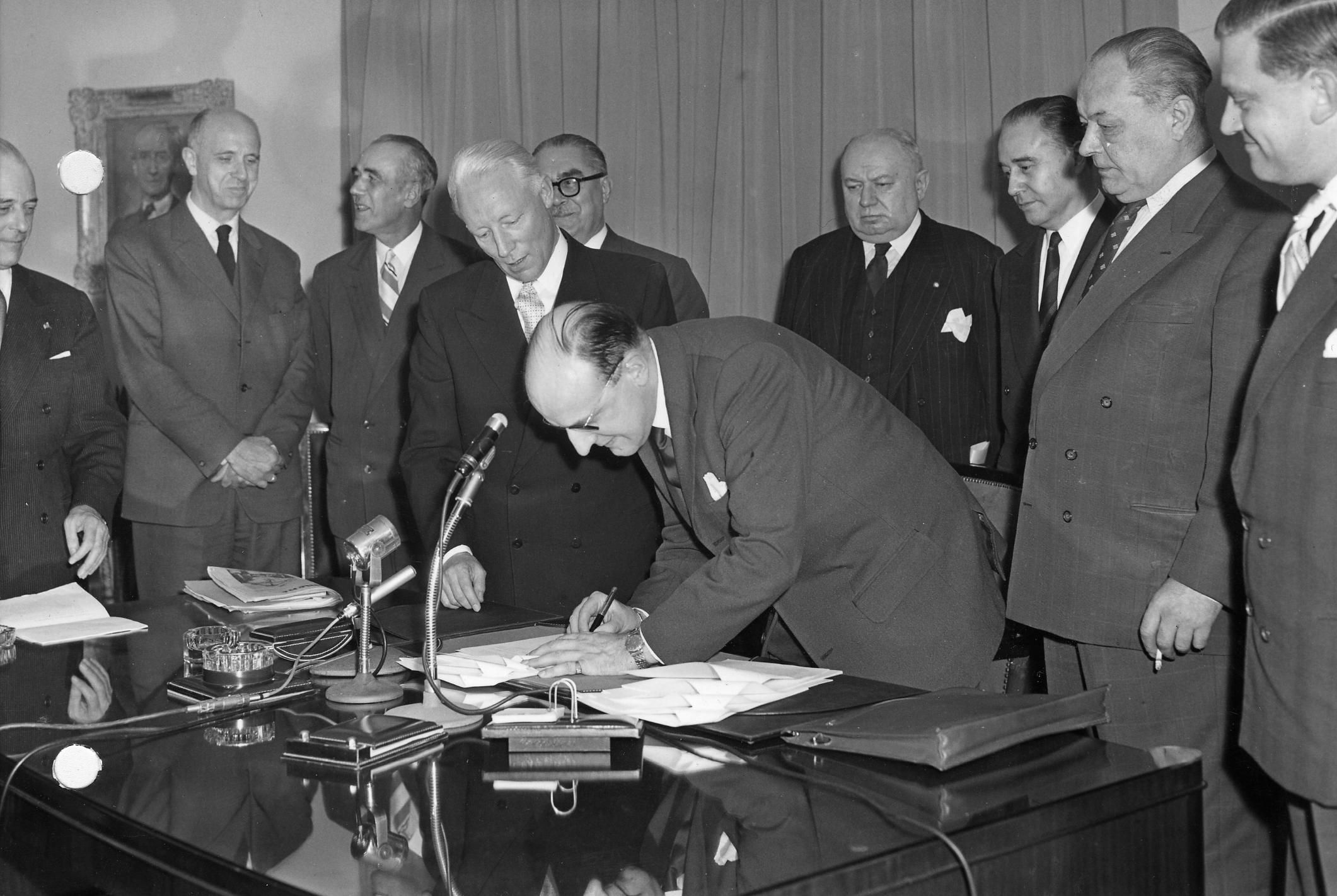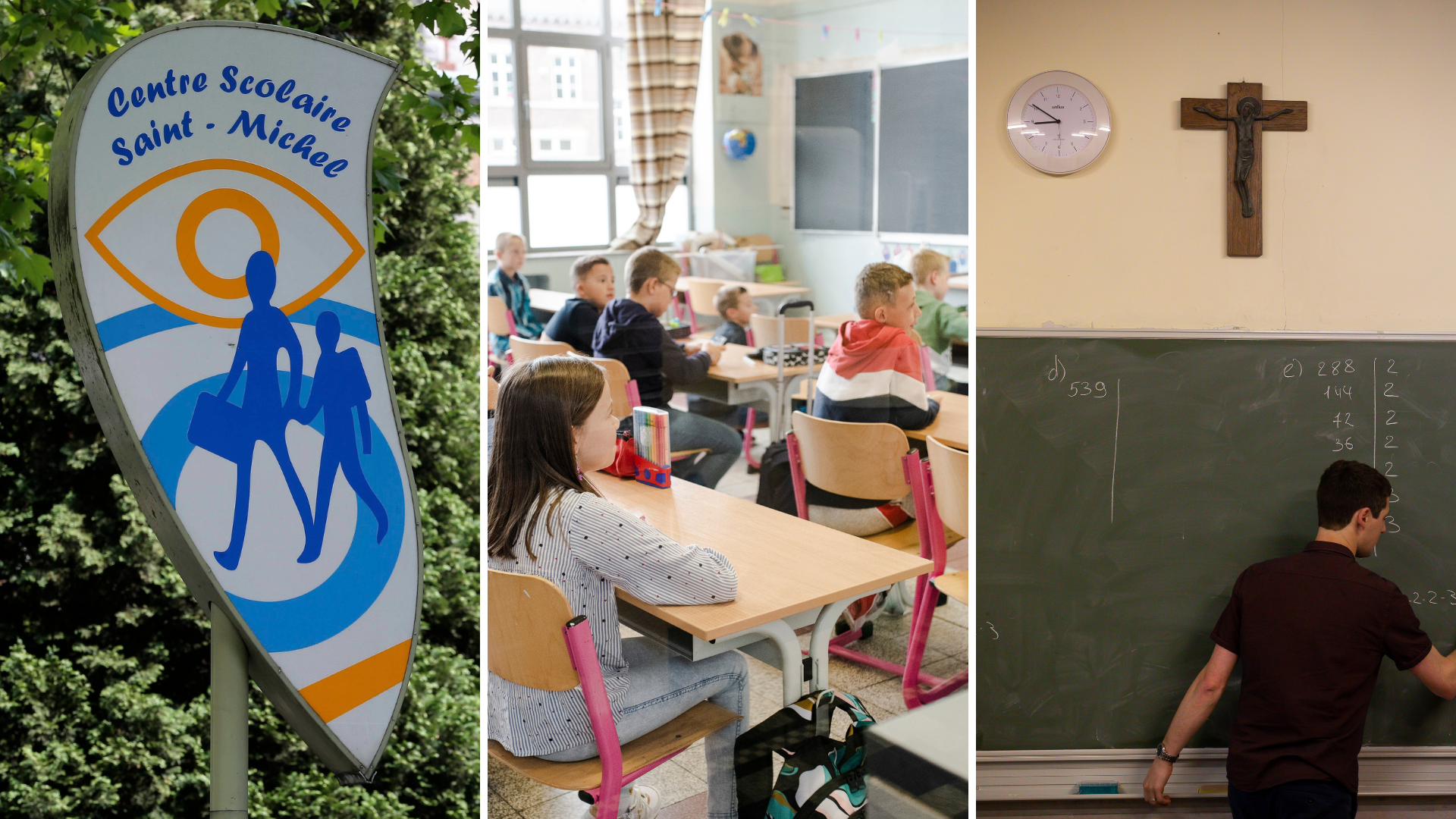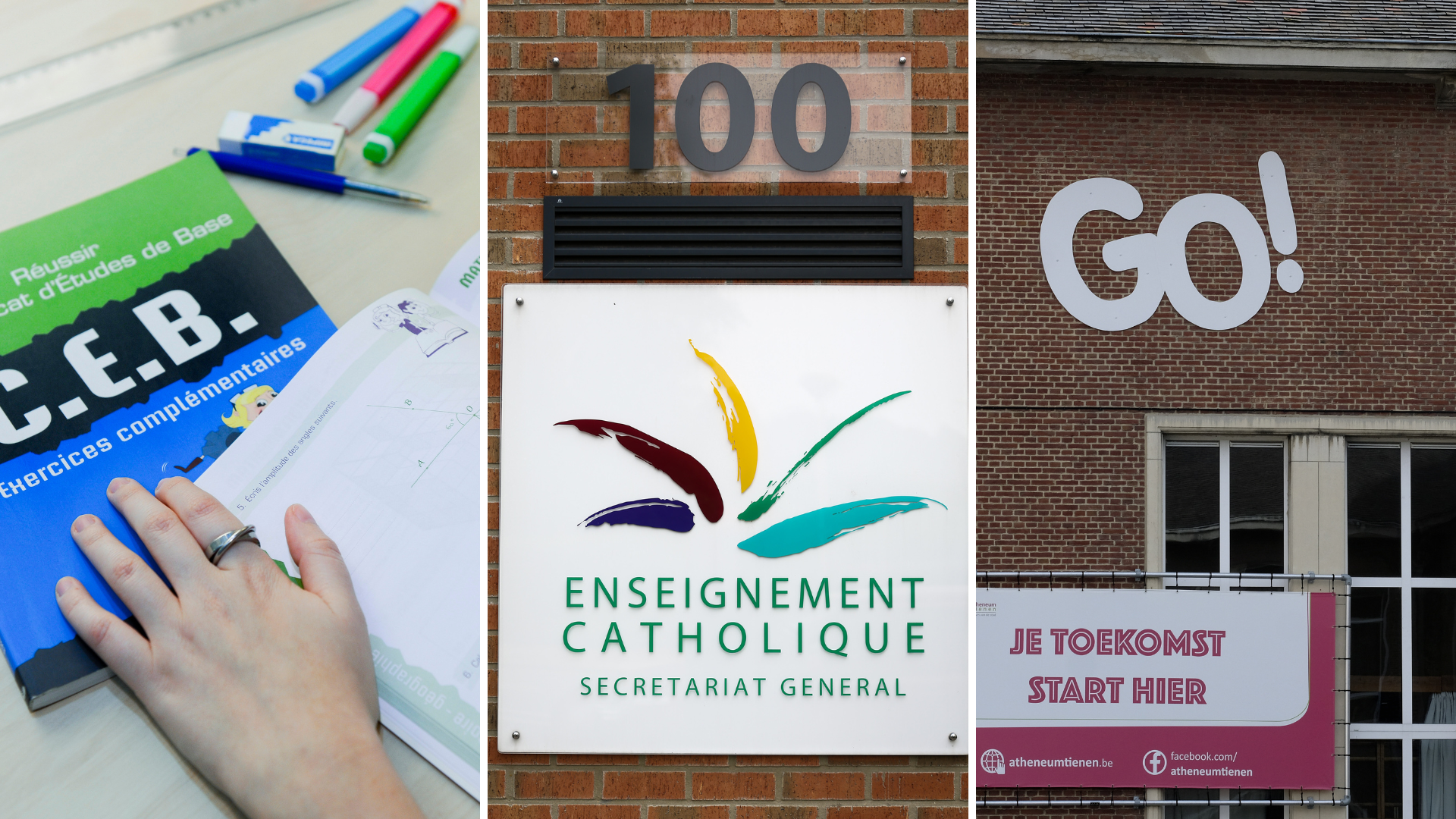Belgian schools can be quite appealing – no tuition fees and the chance of becoming fluent in either French or Dutch offers great opportunities. However, navigating the various options within the Flemish and Francophone systems can make choosing the most suitable school a daunting task.
At first glance, the biggest divide is between Catholic and non-Catholic schools. This is the result of a historic division between the Catholic Church and those against it that has existed in Belgium since before the creation of the country in 1830. The two communities agreed to live together under one condition: the freedom to self-organise education.
In Belgium, both Catholic schools and non-Catholic schools receive money from the state. This, however, does not mean that they are both organised by the state.
After opposing each other since the end of the Second World War on the respective public funding of private education and public education, Catholic politicians (primarily the Christian Social Party) and secular politicians (primarily the Belgian Socialist Party and the Liberal Party) concluded the Academic Agreement (Pacte Scolaire) in 1958. This set out the guidelines which continue to structure the organisation of Belgian education to this day.
The Agreement establishes the fundamental belief that the population should have the freedom to opt for either a Catholic education or a non-Catholic education, and that all schools should therefore cost the same.
It is the government’s duty to organise its own ‘official’ non denominational schools, but it also has the responsibility to subsidise schools organised by the provinces, the communes and private entities.

M. Lefevre, president of the PSC, signs The Pacte Scolaire (Academic Agreement) in November 1958. Credit: Belga
The two primary school networks in Belgium are usually referred to as ‘official’ and ‘free’ (in the autonomous sense).
In both Flanders and Francophone Belgium, there is a further distinction among ‘official schools’: those that are funded and organised by the French or Flemish community governments (known in French as schools of Wallonie-Bruxelles Enseignement (WBE) and in Dutch as GO! schools), and those that are organised by provinces or communes and ‘subsidised’ by the government.
The majority of ‘free schools’ in Belgium are Catholic, but there are also a number of Islamic or Jewish institutions, as well as non denominational ones with alternative teaching methods like Montessori, Freinet or Steiner schools. These schools receive government subsidies to cover their operational costs.
What does of this all mean in practice?
According to Eric Mangez, a sociology professor at UCLouvain, while there used to be a number of differences between the two networks, "they have become more and more alike."
Schools in both the official and free networks have the same legal obligations concerning teacher qualifications, their language proficiency, and student timetables. Free schools, however, have some leeway when it comes to the academic calendar. Muslim schools, for example, are able to request a dispensation allowing them to close their doors on Eid, the final day of Ramadan.
All Belgian schools must also follow the same curriculum. Official schools and free schools alike issue their students with the same recognised diplomas and qualifications. In Francophone Belgium, they also all prepare their students for the same mandatory, centralised and standardised tests (CEB, CE1D and CESS).
What are the differences between Belgian schools?
Mangez explains that while all schools must work towards the same learning goals, "they can still differentiate in terms of how to reach them. So their pedagogical approach can be quite different." Catholic schools continue to teach following the Christian tradition of education. Alternative schools such as Freinet schools are free to teach following the specificities of Freinet pedagogy.
Official schools must follow the government's pedagogy, emphasising values such as democracy, open-mindedness, and the principle of ‘neutrality’ as outlined in the Belgian Constitution.
Contrary to the French laïque (secular) way which, as Mangez puts it, is to "ignore communities and act as if there are only individuals within the population," the Belgian neutral way is to "recognise different communities, fund and support them." In Belgium, neutrality in education implies respect for the philosophical, ideological or religious views of parents and pupils.
As a result, official schools must offer a choice between lessons in Catholic, Orthodox, Protestant, Anglican, Jewish, or Islamic religion, or ‘moral’ (ethics). Parents can also request an exemption from these classes for their child. In contrast, children attending a Catholic school are required to take a compulsory religion class with a syllabus set by its religious authority and cannot receive an exemption under any circumstances.
Mangez notes that today most teachers in Catholic schools are not Catholic. However, due to the historic belief that these teachers might promote Catholic values, any teacher moving from a Catholic school to an official school, must complete a 20-hour "neutrality training" before being allowed to teach.
Are some Belgian schools better than others?
"There is a hierarchy of schools, but it's not really related to the networks, or a difference between Catholic and non-Catholic schools that explain that," insists Mangez. "That is something that comes up sometimes. People say that some Catholic schools perform better, or that free schools perform better. Honestly, I don't think this is true."
He differentiates between elite schools versus non-elite schools across the different networks. These elite schools —Mangez cited the french-language Catholic school Collège Saint-Michel in Etterbeek or the official Flemish school Atheneum Etterbeek as examples— get their reputation from being particularly demanding of their students. And they attract a certain population as a result. Experts like Mangez even speak of a "segregation" between schools, particularly in Brussels.
"If you take a school and you look at the average income of parents, and then take another school in another neighbourhood, you will have huge differences. The population is not spread evenly across schools," he says. Regardless of network, schools attract students from different socio-economic and cultural backgrounds.
Belgian education offers a diverse range of quality school options. While most schools share a similar curriculum, the real question for parents when choosing a school is how demanding they want the environment to be and whether they are comfortable with their child being required to take a religion class.


